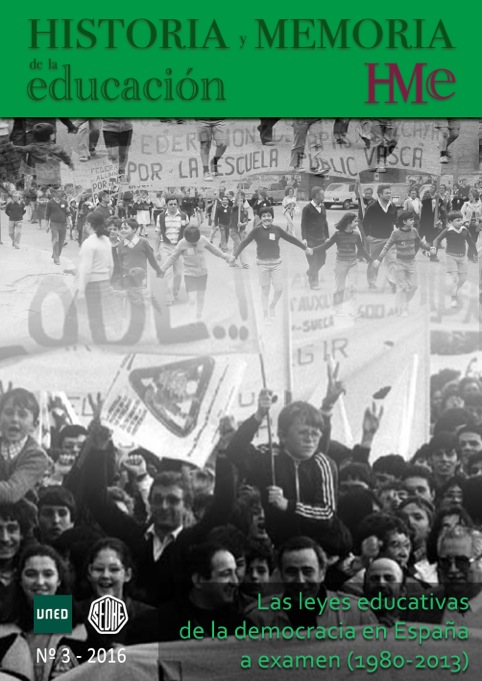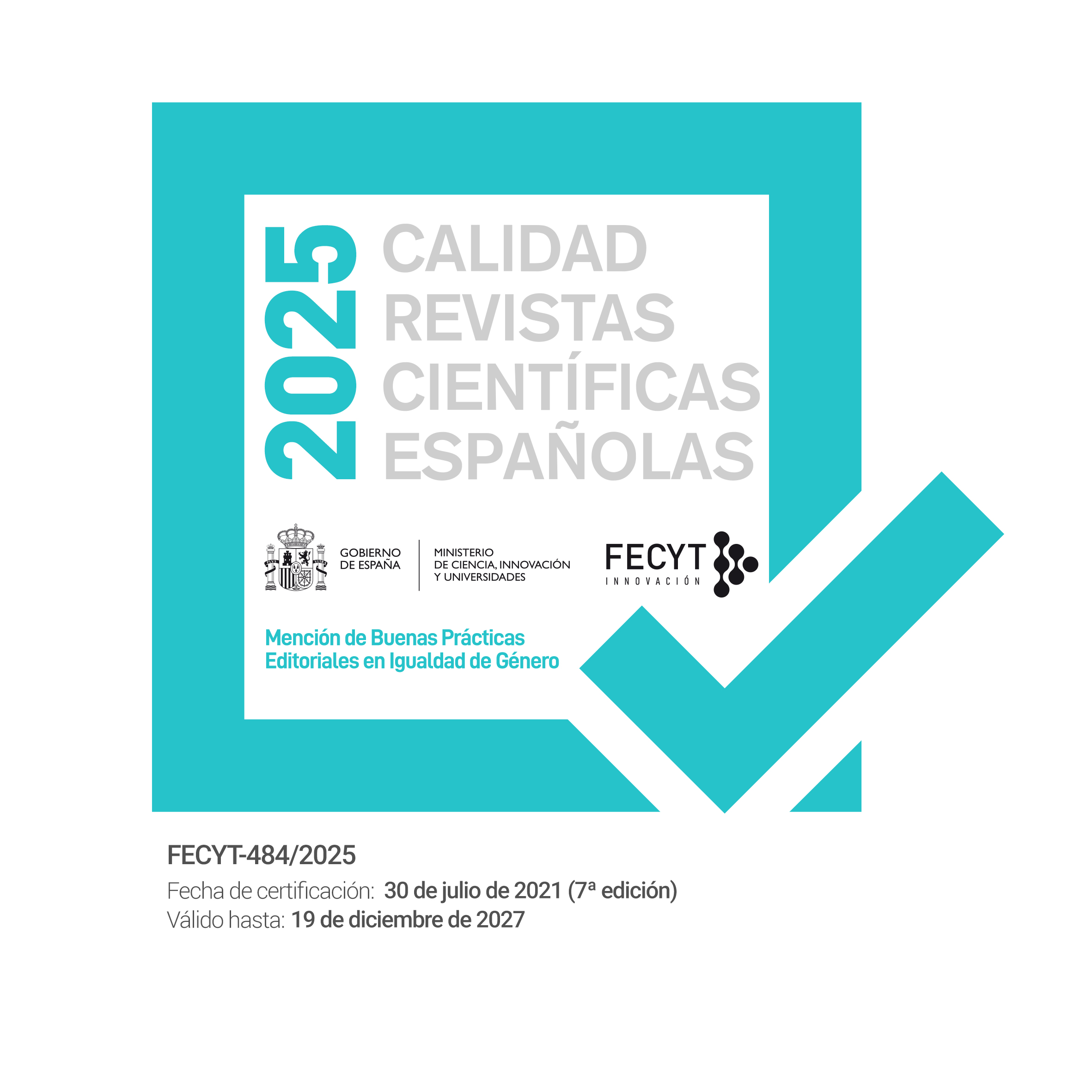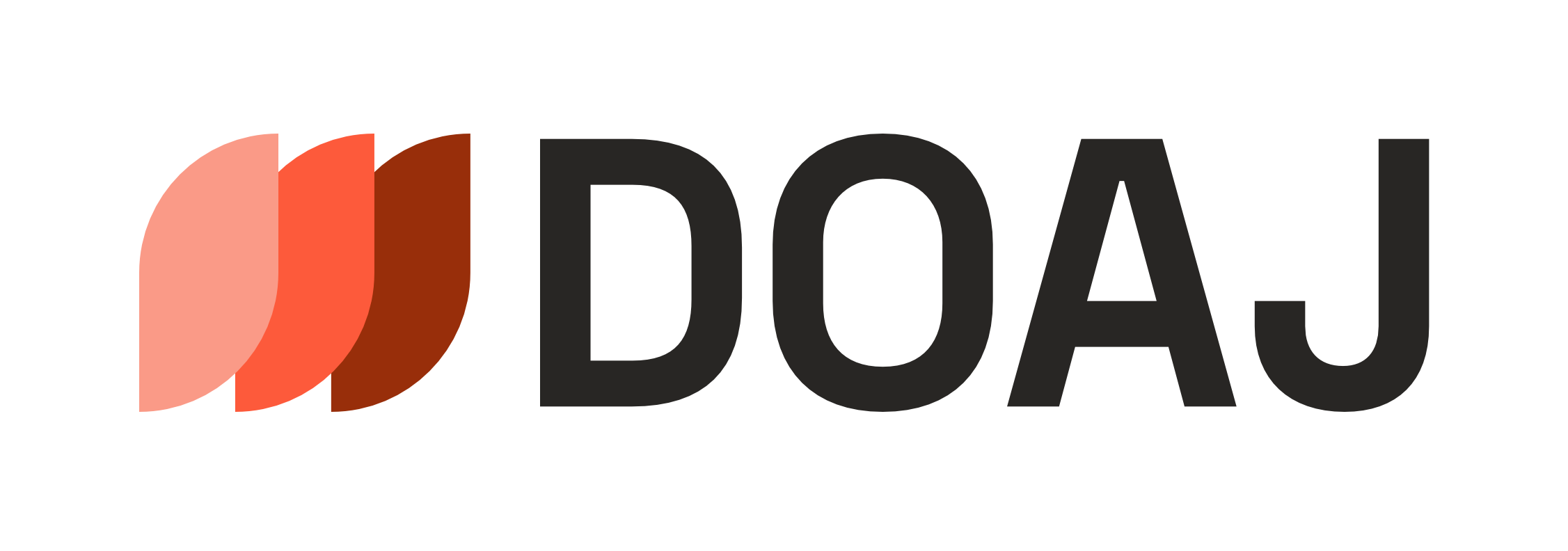The difficult transformation of a forced constitutional agreement into actual government policy. The Democratic Centre Union and its defunct Law on the Statute of Schools (LOECE) of 1980
DOI:
https://doi.org/10.5944/hme.3.2016.14813Keywords:
LOECE, Educational legislation, Politics of Education, Democratic Centre Union (UCD), Spanish Transition to DemocracyAbstract
Under Franco’s Regime, private education, which was managed almost
completely by the church, underwent considerable development in comparison
to public education. With the arrival of democracy, the conservatives were willing
to concede to some minimal changes, whereas the progressives had big reforms in
mind. It is because of this that education was one of the most complicated topics
to reach an agreement upon in the Constitution of 1978. In order to achieve a
consensus, Article 27 was drafted in a way which allowed both conservatives and
progressives to develop their educational policies in keeping with their ideology.
The Law of Schools (LOECE) of 1980 was the first law regulating education
in accordance with the Constitution. In passing this law, the Government of
Adolfo Suarez, with the support of Manuel Fraga’s conservative party, Alianza
Popular, and the regional nationalist right-wing parties, imposed its ideology
favouring private education. When the groups from the left saw their proposals
rejected they filed a complaint before the Constitutional Court, which in fact
declared void some of the most important articles contained in the law.
The basic consensus achieved during the drafting of the Constitution has not
prevented important disagreements from arising afterwards. As a result, with
every change of government there is also a change in the laws and in the way
educational policies are developed.
Downloads
Downloads
Published
How to Cite
Issue
Section
License
Authors who publish in Historia y Memoria de la Educación agree to the following terms:
- Authors retain copyright and grant the journal right of first publication with the work simultaneously licensed under a Creative Commons Attribution-NonCommercial 4.0 International that allows others to share the work with an acknowledgement of the work's authorship and initial publication in this journal.
- Authors are able to enter into separate, additional contractual arrangements for the non-exclusive distribution of the journal's published version of the work (e.g., post it to an institutional repository or publish it in a book), with an acknowledgement of its initial publication in this journal.
- Authors are permitted and encouraged to post their work online (e.g., in institutional repositories or on their website) prior to and during the submission process, as it can lead to productive exchanges, as well as earlier and greater citation of published work (See The Effect of Open Access).












